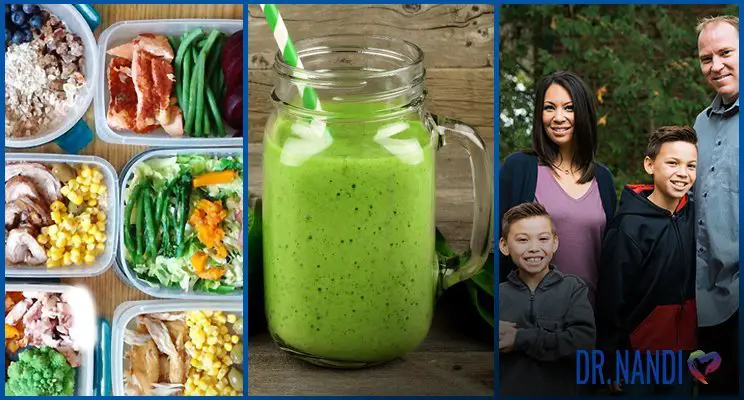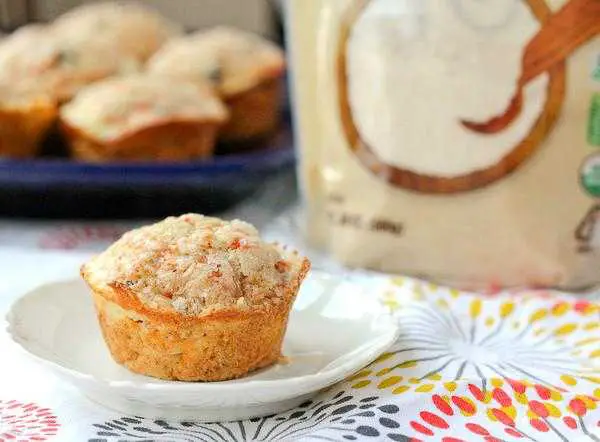I have found that a common struggle my patients face throughout my practice is weight loss. No matter the diet or the exercise, they feel like their body is working against them, and they cannot seem to lose the weight they want to.
Statistics say that even those who are successful in losing a significant amount of weight gain back one-third or one half within a year, or often less.
Low-Fat Or Low-Carb?
The battle continues whether a low-fat diet or a low-carb diet has the most prolonged effects on weight loss. However, new research has concluded that the two are equal in success (and failure) rates.
Dr. Christopher Gardner created a scientific team from the Stanford University School of Medicine; they organized a clinical study to get to the bottom of the low-fat/low-carb debate. They recruited 609 men and women between the ages of 18 and 50.
Half of the participants were instructed to maintain 20 g of fat per day for two months, then gradually add fat back into their diet until they felt it was at a level they could keep long term. The other half of the participants were given the exact instructions but 20 g of carbs rather than fat.
Both groups were given the additional dieting instructions:
- Focus on nutrient-dense, minimally processed whole foods
- Maximize vegetable intake
- Minimize refined flour, trans fats, and sugar intake
- Prepare meals at home whenever possible.
Each participant attended 22 dieting and nutrition classes throughout the study to help them on their weight loss journey.
A whole year later, the average weight loss for each participant was 13 pounds (some lost as much as 60 pounds, while others gained as much as 20 pounds); this included both low-fat and low-carb diet participants. The average calorie intake for each participant was also similar for both groups at the end of the study.
After several other tests, such as blood pressure, insulin, and blood sugar levels, the results showed that low-fat and low-carb diets do not differ in weight loss. They seemed to be almost identical in all categories.
However, the study showed overwhelming results that a focused diet on home-prepared whole foods and vegetables–even without counting calories–is incredibly effective in weight loss.
And though the study has been incredibly eye-opening and opened many doors for further weight loss and dieting research, it also turned out to be relatively simple. The most accessible foods these days are too processed and refined to carry any nutritious value for your body. So the only way to give your body what it needs to thrive is to shop for whole foods.
Another essential factor throughout the study was that the participants were encouraged not to subject themselves to a strict diet but to develop good eating habits that they felt they could maintain indefinitely. If a patient’s diet leaves them hungry and deprived, they are more likely to drop it as soon as possible rather than develop a healthy lifestyle.

The key to weight loss then, and ultimately finding a lifestyle that suits you and your health needs, is to steer clear of any processed or refined foods, trans fats, and added sugars, and consciously purchase and prepare those whole foods and vegetables. These suggestions will help you go the extra mile in giving your body the nutrition and energy it needs throughout your life.
My Personal RX:
- Shop the grocery store’s perimeter. Consume plenty of fresh produce and healthy protein sources and avoid processed food/snack aisles.
- Make more home-cooked meals. This way, you know everything that is going into your body. Even if you do not follow a specific guideline for what you cook, just the fact that you are making it at home will positively impact your health.
- Meal prep. Many people complain they do not have time to spend in the kitchen and cook. Take a 4-hour block to meal-prep all your food once a week if this is the case. You can cook and prepare everything you will eat for an entire week and have it easily accessible in the fridge. Or, put together meals until the final step so you can quickly put them in the oven or finish prepping when you are ready to eat.
- Green smoothies. If you have a hard time getting your daily intake of fruits and vegetables, start your morning with a green smoothie. Take a couple of large handfuls of greens, throw in frozen berries and half a banana, blend in water or milk, and voila!




















